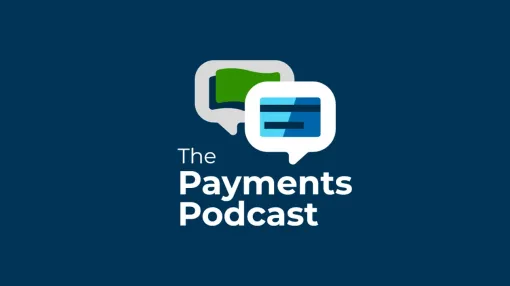This October marks the one year anniversary of the Duty to Report legislation which was designed to address the late payments to suppliers problem that impacts small businesses. The legislation requires large businesses to make their payment practices and performance public. Unfortunately, the “2018 U.K. Business Payments Barometer” reports that 44% of large companies are still intentionally making late payments to suppliers, citing inferior service quality. In addition, the report breaks out the top 5 reasons companies feel justified in making late payments to their suppliers.
While there are a number of best practices for improving payments and cash management, there’s no question that paying suppliers on time is one of the best steps an organization can take to optimize their payment practices.
To get to the heart of the issue, the Barometer sought to find out from financial decision makers why they thought they were being paid late. In last year’s report, 38% of suppliers claimed slow payer ethic was the single greatest challenge to being paid on time. However, when surveying the payers for this year’s report, the second biggest reason companies pay suppliers late was cited as incorrect invoice details or workflow. Both of which can result in invoices being routed to an incorrect address or invoice line items not matching services rendered.
This suggests that timely business payments are a collaborative process between both supplier and payer and that both have a role in creating the right environment for smooth transactions. Automating the account payables processes can go a long way towards catching invoicing errors in a timely manner, but companies don’t always know the right questions to ask AP automation providers.
It’s clear that this is an issue that needs a solution, especially in the small business sector where late payments can severely impact a company’s inbound cash flow.
For more insight into why paying suppliers on time can be beneficial to both parties, view the full “2018 U.K. Business Payments Barometer”.

